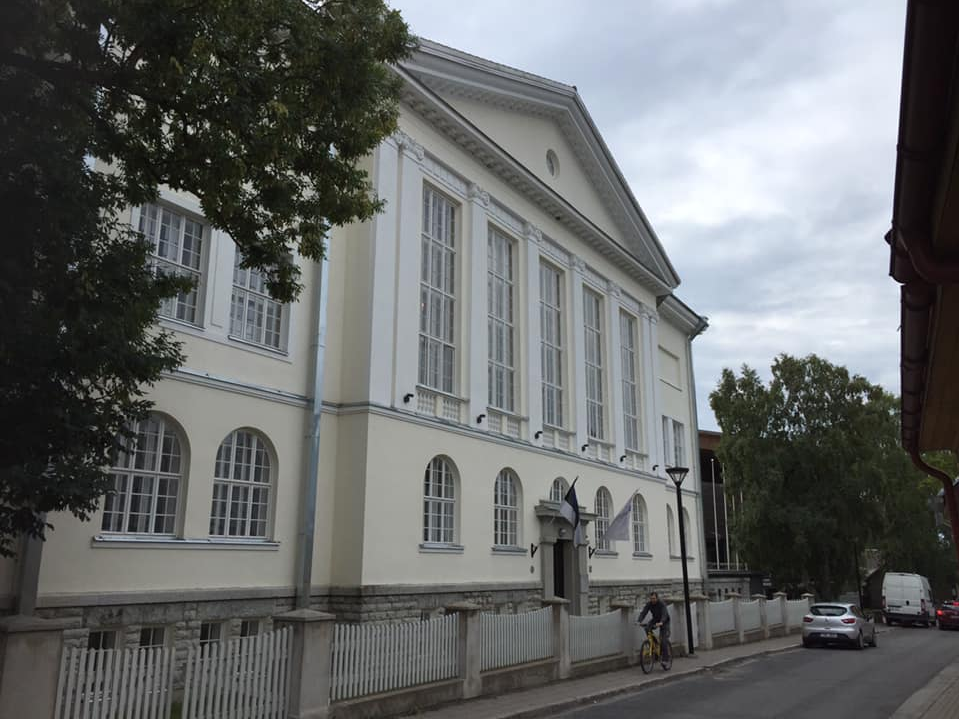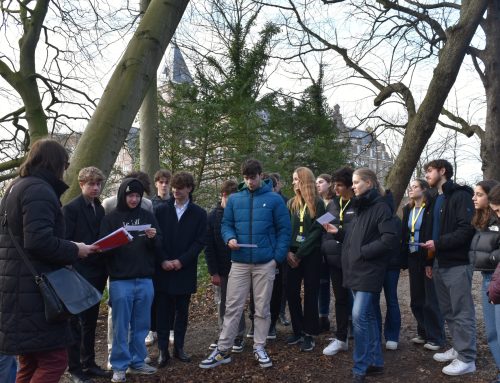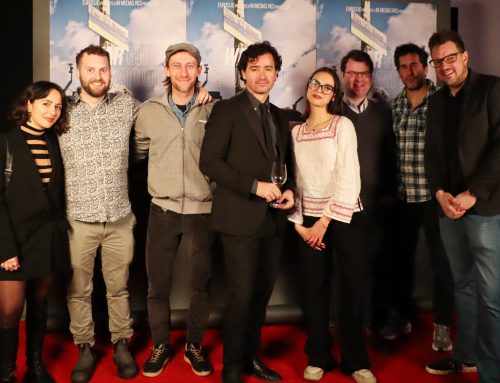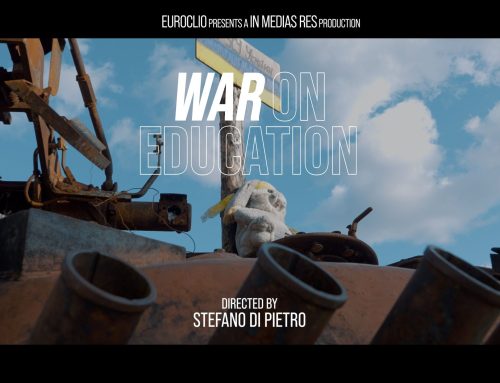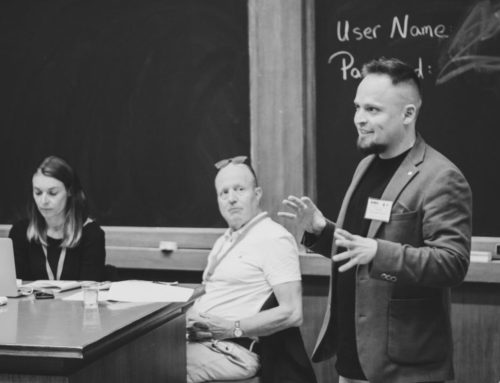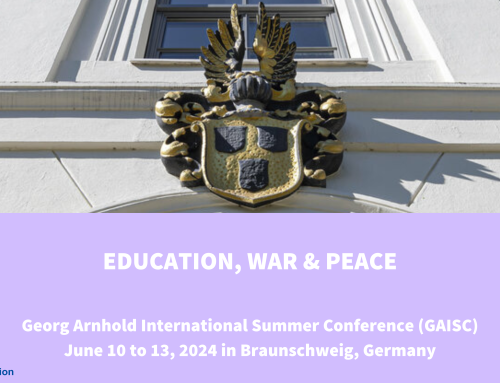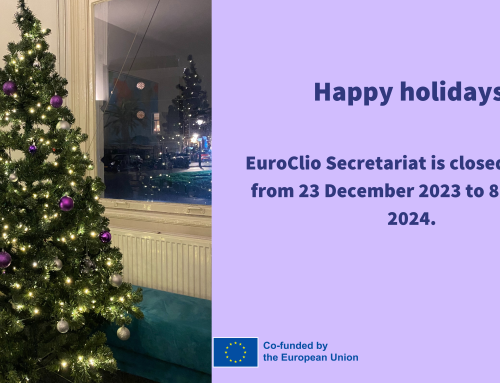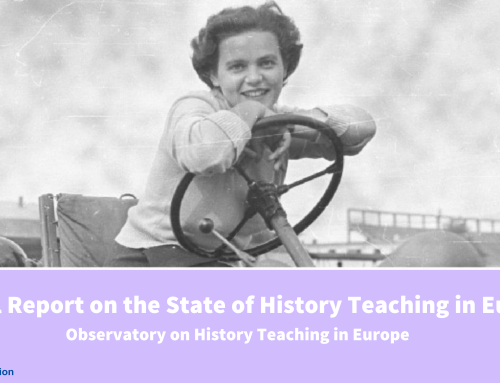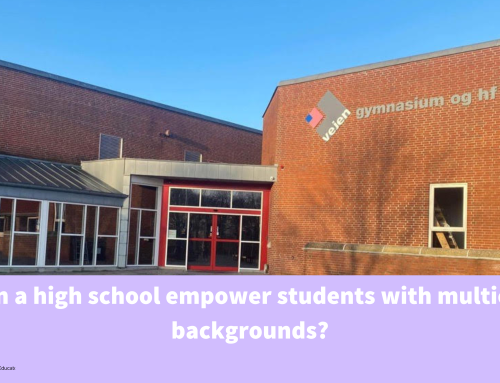The Estonian History Teacher Association’s (EHTA) summer school took place from the 14th to 16t of August 2019. EuroClio Board Secretary Lars Peter Visti Hansen shares his experience there.
Earlier this year, from the 14th of August 2019 to the 16th I was invited to participate in the Estonian History Teacher Association’s (EHTA) summer school. The summer school is a major event in the series of events EHTA organize every year and it has taken place every year since the country (re-)gained its independence. It attracts a large number of EHTA members from all over Estonia and therefore provides a lucky foreigner like me with a chance of meeting teachers at all ages from all over the country.
Every year the summer school is organized in a different region and with a different theme. This year the focus was on the almost disappeared minority of Estonian Swedes who lived in the western part of the country up until the Second World War. At this time, many Estonian Swedish people whose families had lived in Estonia for many generations fled the country, many of them “returning” to neutral Sweden. This was a rough experience but not as harsh as the destiny that awaited those who chose to stay, who fell victim to the war.
Even though the Estonian Swedes are no longer present you can still find their houses, graveyards and churches, some of which have been restored in recent years. In Haapsalu, where the summer school was held, you will even find a cultural centre dedicated to the story and the traditions of the Estonian Swedes, keeping their history alive. There are a lot of histories you will only know if you either stumble upon them or someone makes an effort to tell you about them. For me, the history of the Estonian Swedes is one of those little known but none the less interesting histories that lets you see (Estonian) history in a new light.
Most of the conference was held at the beautiful newly renovated High School in Haapsalu, with excursions to nearby sites. I participated in the summer school along with other guests from Lithuania, Georgia, Russia, the Netherlands and Finland, who each made a contribution to the conference, for my part a presentation of a) the work of the Danish History Teachers´ Association and b) how history exams are organized in High Schools in Denmark.
The Summer School was very well organized and it was a great chance for me to be present and explore Estonia´s rich history. I would like to thank the Estonian History Teachers´ organization and especially the chairman Madis Somelaar for their professionalism and hospitality, which I hope I will be able to return in some way in the future.

